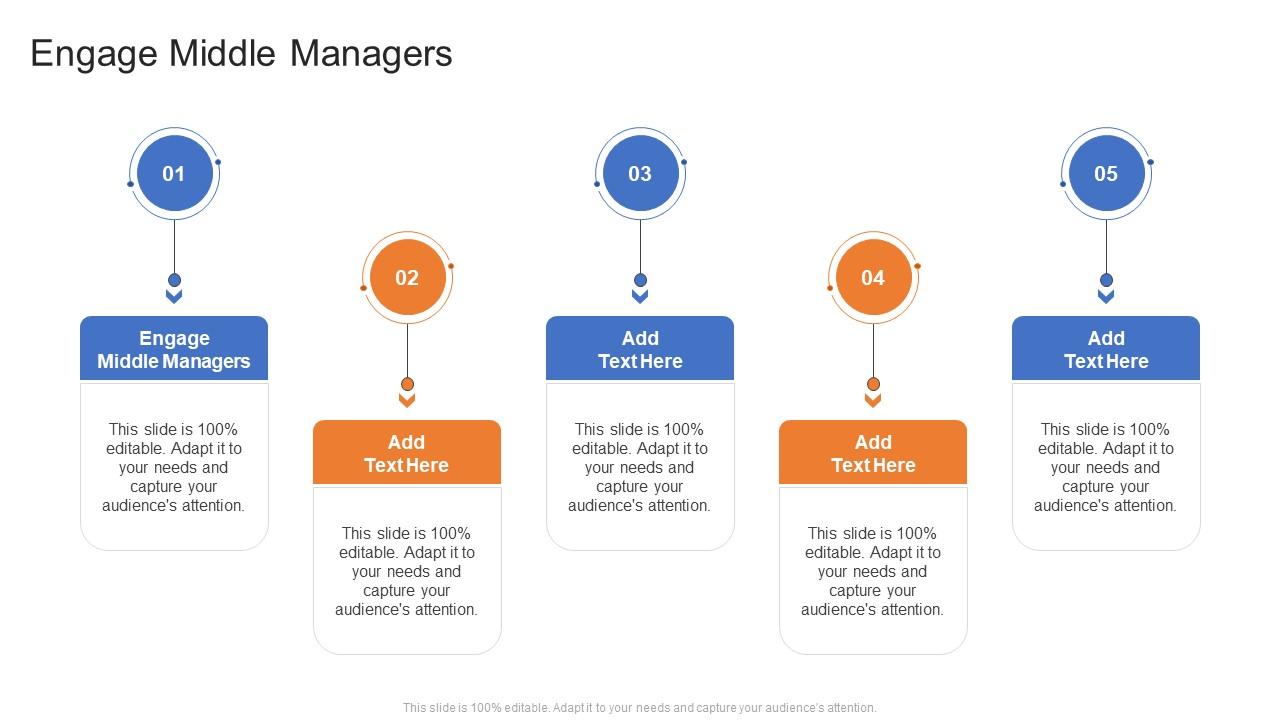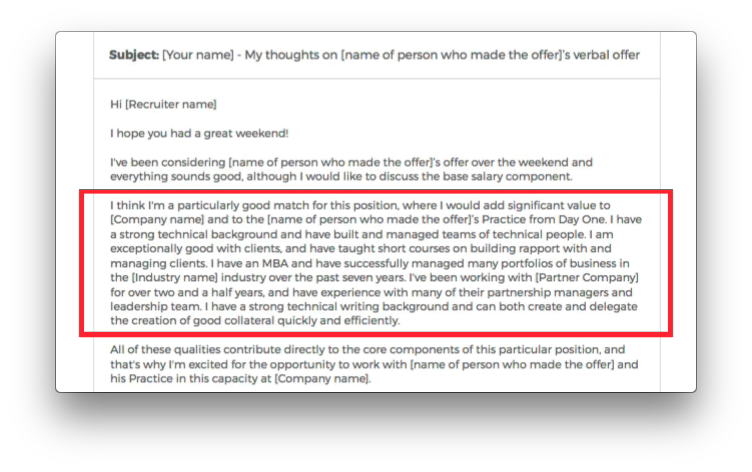How Middle Managers Drive Productivity, Engagement, And Growth In Organizations

Table of Contents
The Role of Middle Managers in Boosting Productivity
Middle managers are not simply supervisors; they are catalysts for productivity. Their ability to effectively communicate, delegate, monitor progress, and implement efficient processes directly impacts a team's output.
Effective Communication and Delegation
Clear communication and strategic delegation are foundational to boosting team productivity. Effective middle managers master both.
-
Effective Communication Strategies:
- Regular check-ins: Schedule short, focused meetings to discuss progress, address concerns, and provide timely feedback.
- Transparent goal setting: Ensure team members understand overarching goals and their individual contributions. Use collaborative tools to visualize progress.
- Open feedback loops: Encourage two-way communication. Create a safe space for team members to share ideas, concerns, and suggestions.
-
Effective Delegation Techniques:
- Match tasks to skills: Assign tasks based on individual strengths and expertise to optimize efficiency.
- Provide necessary resources: Equip team members with the tools, information, and support they need to succeed.
- Set clear expectations and deadlines: Establish unambiguous goals, deadlines, and performance metrics.
Using these communication and delegation techniques directly improves team productivity, fostering a more efficient workflow and positive team dynamic. Efficient task management becomes the norm.
Monitoring Progress and Providing Support
Active monitoring is not micromanagement; it's a crucial aspect of effective middle management. It involves proactively tracking progress, identifying roadblocks, and providing support.
-
Methods for Effective Progress Monitoring:
- Daily stand-ups: Brief daily meetings to quickly assess progress, identify obstacles, and coordinate efforts.
- Weekly reports: Regular progress reports to track key metrics and identify potential issues.
- Project management software: Leverage tools like Asana, Trello, or Monday.com to monitor tasks, deadlines, and team performance.
-
Examples of Supportive Actions:
- Mentorship: Guide and support team members' professional development.
- Problem-solving assistance: Help team members overcome challenges and find solutions.
- Resource allocation: Ensure teams have the necessary resources (budget, personnel, technology) to achieve their goals.
Effective performance monitoring and proactive support lead to improved task completion rates and overall project success, enhancing team productivity.
Implementing Efficient Processes and Technology
Middle managers play a vital role in optimizing processes and leveraging technology to enhance productivity.
-
Productivity-Enhancing Technologies:
- Project management software (Asana, Trello, Monday.com)
- Communication platforms (Slack, Microsoft Teams)
- Automation tools (Zapier, IFTTT)
-
Strategies for Streamlining Workflows:
- Identify and eliminate redundancies: Analyze processes to identify areas for improvement and eliminate unnecessary steps.
- Automate repetitive tasks: Use automation tools to streamline repetitive tasks and free up time for more strategic work.
- Implement best practices: Adopt industry best practices for project management and workflow optimization.
By embracing technology and optimizing processes, middle managers can significantly increase team efficiency and overall productivity, leading to improved organizational efficiency.
Middle Managers as Champions of Employee Engagement
Engaged employees are more productive, innovative, and loyal. Middle managers are key to fostering a positive and engaging work environment.
Creating a Positive and Supportive Work Environment
A positive work environment is essential for employee engagement. Middle managers are instrumental in creating this atmosphere.
-
Strategies to Improve Team Morale:
- Team-building activities: Organize social events and activities to foster camaraderie and build relationships.
- Recognition programs: Acknowledge and reward individual and team accomplishments.
- Open communication channels: Create a culture of open communication where team members feel comfortable sharing ideas and concerns.
-
Creating an Inclusive and Respectful Work Environment:
- Promote diversity and inclusion: Foster a workplace where everyone feels valued and respected.
- Address conflicts promptly and fairly: Resolve conflicts in a timely and equitable manner.
- Promote a culture of respect and empathy: Encourage team members to treat each other with respect and understanding.
A positive and supportive workplace directly impacts employee engagement, leading to increased job satisfaction and retention.
Providing Opportunities for Growth and Development
Investing in employee development is crucial for engagement. Middle managers play a vital role in identifying and nurturing talent.
-
Methods for Providing Development Opportunities:
- Training programs: Provide opportunities for employees to enhance their skills and knowledge.
- Mentorship: Pair experienced employees with newer team members to provide guidance and support.
- Challenging assignments: Give employees opportunities to stretch their abilities and take on new responsibilities.
-
Importance of Regular Performance Feedback and Career Development Conversations:
- Regular feedback sessions: Provide regular feedback on employee performance, both positive and constructive.
- Career development conversations: Discuss career aspirations and create a development plan to help employees achieve their goals.
Investing in employee development not only boosts individual performance but also strengthens overall team capabilities and promotes employee loyalty.
Promoting Work-Life Balance
Middle managers should actively promote a healthy work-life balance for their teams.
-
Strategies for Promoting Work-Life Balance:
- Flexible work arrangements: Offer flexible working hours or remote work options where possible.
- Reasonable workloads: Avoid overloading team members with excessive work.
- Encourage breaks and time off: Promote a culture that values rest and relaxation.
-
Importance of Leading by Example:
- Model healthy work habits: Demonstrate a healthy work-life balance to encourage the same in your team.
- Encourage use of vacation time: Set a positive example by taking regular breaks and vacation time.
A healthy work-life balance significantly contributes to employee well-being, reducing burnout and improving overall productivity and engagement.
Middle Managers as Drivers of Organizational Growth
Middle managers are not just executing; they are actively contributing to strategic growth.
Identifying and Addressing Challenges
Proactive identification and resolution of challenges are crucial for organizational growth.
- Proactive Problem-Solving Strategies:
- Regularly analyze performance data to identify potential issues.
- Implement risk management strategies to mitigate potential problems.
- Encourage open communication to identify challenges early.
Middle managers are often the first to notice operational inefficiencies or emerging problems, making them crucial in identifying and addressing potential roadblocks before they become significant setbacks.
Strategic Planning and Implementation
Middle managers translate organizational goals into actionable plans.
- Setting SMART Goals: Establish Specific, Measurable, Achievable, Relevant, and Time-bound goals.
- Developing Action Plans: Create detailed plans outlining steps, responsibilities, and timelines.
- Monitoring Progress and Making Adjustments: Track progress, identify deviations, and make necessary adjustments to plans.
Effective strategic planning and implementation ensure organizational objectives are achieved efficiently and effectively.
Innovation and Continuous Improvement
Middle managers foster a culture of continuous improvement and innovation.
- Encouraging Creative Problem-Solving: Create a safe space for team members to share ideas and experiment with new solutions.
- Implementing New Processes and Technologies: Embrace new technologies and processes to improve efficiency and effectiveness.
- Embracing Feedback and Learning from Mistakes: Foster a culture of learning from mistakes and using feedback to improve processes.
A culture of continuous improvement driven by middle managers ensures the organization remains adaptable and competitive in the long term.
Conclusion
Effective middle managers are indispensable for driving productivity, fostering employee engagement, and achieving organizational growth. They are the bridge between leadership and execution, playing a critical role in communication, delegation, performance monitoring, employee development, and strategic planning. Investing in developing your middle managers – providing them with the training, tools, and support they need to excel – will significantly impact your organization's overall success. Learn more about how effective middle managers can drive productivity, engagement, and growth within your organization. Invest in your middle managers today!

Featured Posts
-
 Horoscopo De La Semana Del 11 Al 17 De Marzo De 2025 Consulta Tu Signo
May 23, 2025
Horoscopo De La Semana Del 11 Al 17 De Marzo De 2025 Consulta Tu Signo
May 23, 2025 -
 Negotiating Your Salary Even After A Best And Final Offer
May 23, 2025
Negotiating Your Salary Even After A Best And Final Offer
May 23, 2025 -
 Global Forest Destruction A Record Year Fueled By Wildfires
May 23, 2025
Global Forest Destruction A Record Year Fueled By Wildfires
May 23, 2025 -
 Cannes Film Festival The Thriving Black Market For Tickets
May 23, 2025
Cannes Film Festival The Thriving Black Market For Tickets
May 23, 2025 -
 Itv Faces Another Countdown After Holly Willoughbys Departure
May 23, 2025
Itv Faces Another Countdown After Holly Willoughbys Departure
May 23, 2025
